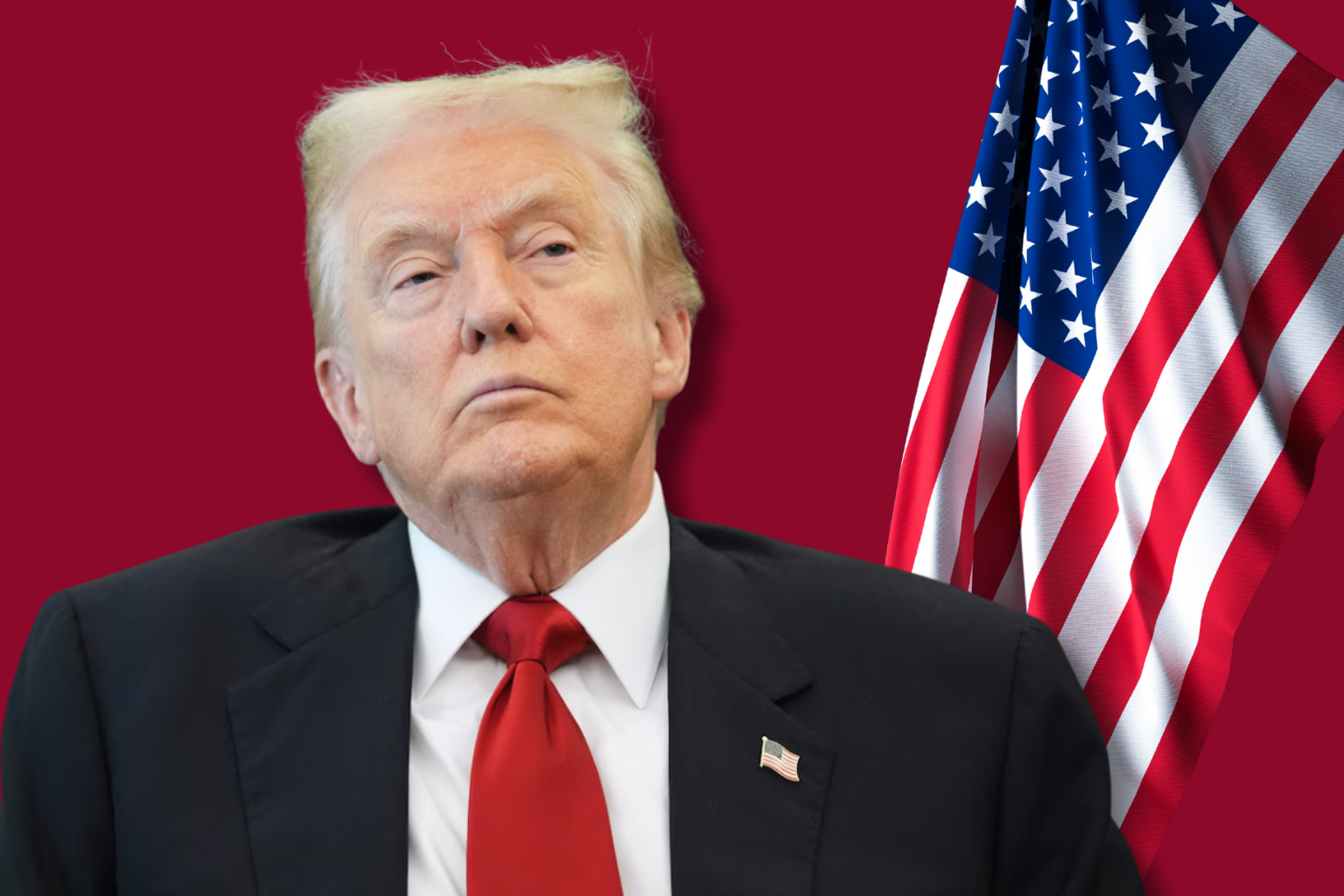15 Governors Launch Major Public Health Coordination Effort Amid Federal Uncertainty

15 governors from across the country formed a multistate collaboration to improve cooperation, data sharing, and public health preparedness despite federal turbulence. Governors from California, New York, New Jersey, Massachusetts, and others lead the coalition to promote public health when government support and stability decline.
The new group highlights that diseases and health dangers cross state lines and that the nation’s patchwork public health system needs robust interstate collaboration. This state-based alliance could influence national health policy because its members make up a large share of the U.S. population. Health experts and governors will work on vaccine policy, outbreak response, emergency readiness, and best practices.
After the October 2025 government shutdown slashed workers and impeded CDC and HHS operations, the announcement came. The governors’ cooperation suggests state-led public health coordination under federal supervisory ambiguity.
Governors emphasize this move’s urgency. One governor said states must “step up” to provide science-based guidance and consistent planning while federal leadership fails. Another said Washington cannot guarantee health and readiness. The group purports to be nonpartisan, although all governors are linked with one major party and have expressly opposed federal health programs.
The nonprofit alliance gubernatorial-support network promotes cooperation, provides toolkits, and hosts public health expert briefings. The program builds a national policy framework and complements Northeast and West Coast state collaborations. Infectious disease surveillance, vaccination, emergency response, and cross-state public-health communications were governor priorities.
States regard this as a pragmatic reaction to federal budget deficits, agency turnover, and vaccine, mental health, and disaster readiness policy uncertainties. State authorities said sharing resources and expertise may boost health catastrophe preparedness and population protection.
Experts say state alliances can address gaps and speed up responses but cannot replace federal agencies’ large-scale disease surveillance and global health coordination. This alliance may affect national public health policies. Authorities may unify health-security activities.
The states’ data sharing, cross-state collaboration, and clear public counsel will determine their future relationship. Operational state coherence, financing, and federal system integration may determine success. This coalition changed U.S. public health governance by committing state leaders to defend their populations without federal oversight.




